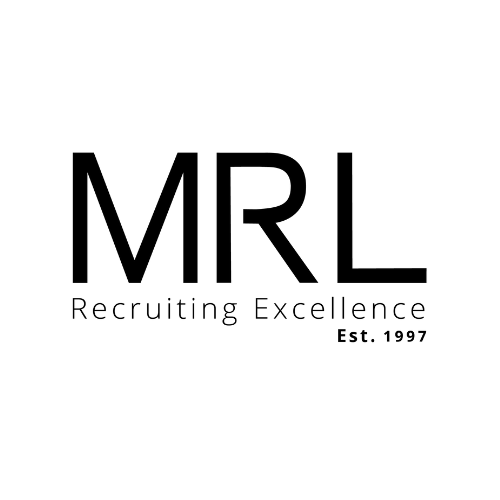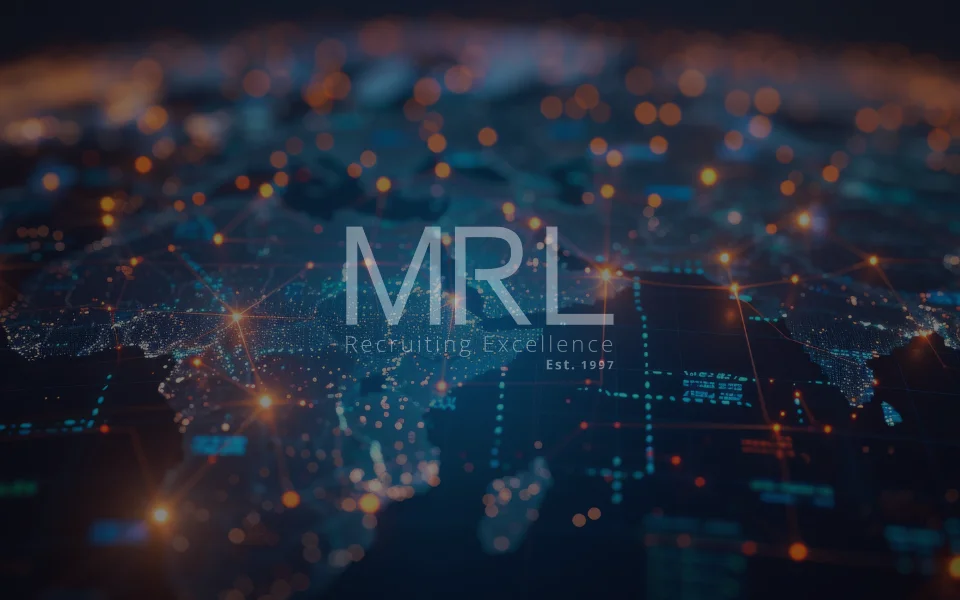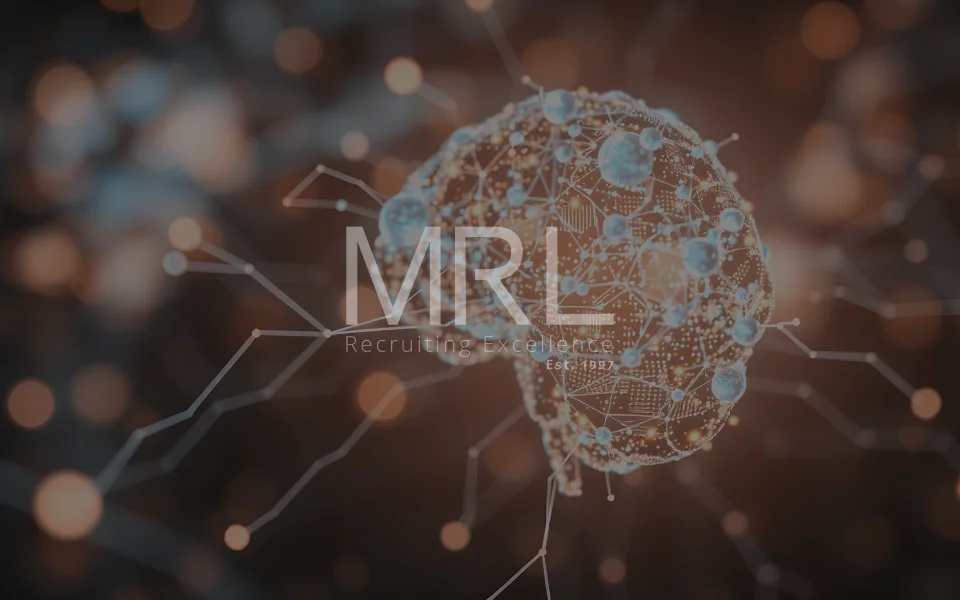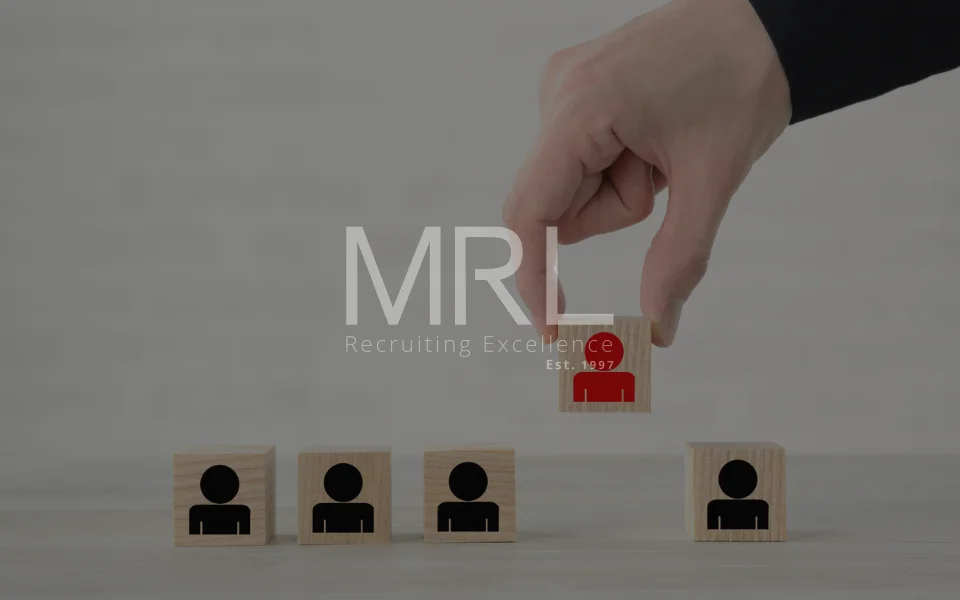How AI Will Change The Role Of Recruitment
03 Jul, 20175 minutesRecent research from Adzuna reveals that there is just a 0.55% chance of the role of a ...
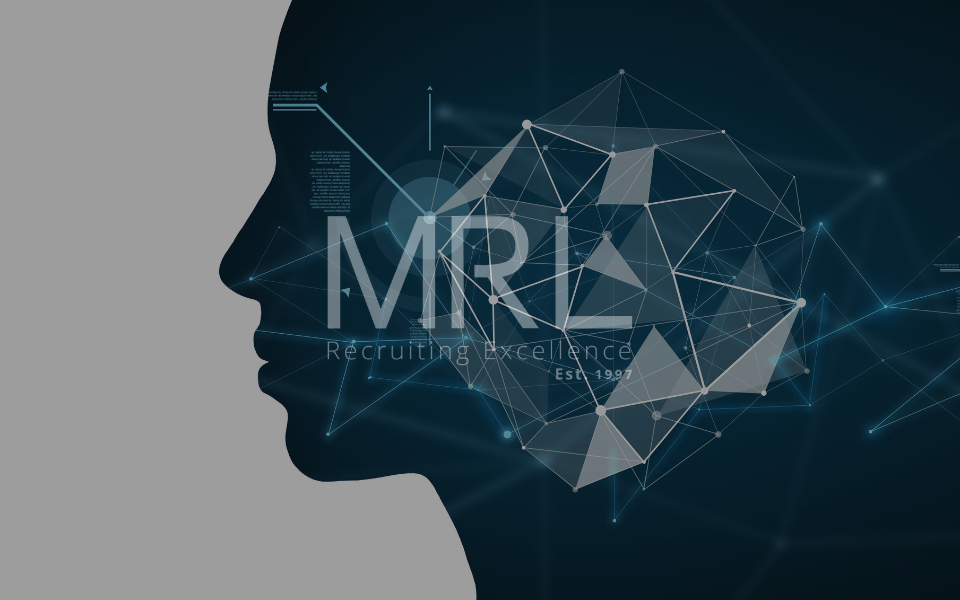
Recent research from Adzuna reveals that there is just a 0.55% chance of the role of a recruiter being automated. And this is somewhat unsurprising given the human interaction required to perform this role effectively. After all it’s highly unlikely that a machine will ever be able to adequately assess whether a candidate is a good fit -both in terms of culture and skills – for a company. However there are a whole host of ways that technology will, and already is, aiding recruiters. Here are some of them:
Screening CVs
Most candidates have historically applied for a role online, been shortlisted and then attended a series of interviews. Well things are set to become far more creative as AI creeps further into the assessment process.
Unilever is a case in point – it has been hiring employees using a series of neuroscience games and AI led interviews with huge success. Candidates take part in twelve games which assess their focus, memory, relationship to risk and their ability to read emotional versus contextual clues. Those who pass are then interviewed via their smartphone and the results analysed by artificial intelligence, taking into consideration body language and tone. Only from here are the successful applicants invited to a face to face assessment.
With recent research from software provider, GR8, revealing that recruiters spend between 40% and 60% of their day sourcing candidates manually, the opportunities automation can provide are seemingly huge. In fact, the same data suggests that by using effective technology to analyse CVs, recruiters can save between three to five hours a day, freeing up their time to focus on other aspects of their role.
Improving the candidate experience
There’s no denying that candidates demand a better recruitment journey than ever before. Jobseekers want a tailored experience and expect feedback regardless of the outcome of their application or interview. And effective technology programmes can help recruiters do just this in a far more efficient way than if they did it themselves. For one thing, it ensures that no one slips through the net. Programmes that not only thank applicants for submitting their information, but that also offer constructive feedback can improve candidate engagement and substantially increase the chances that an individual will use the recruiter in future job searches.
Remove unconscious bias
It’s no secret that a diverse workforce is conducive to better financial performance and profitability. In fact a recent McKinsey report reveals that culturally diverse businesses are likely to outperform their competitors by 35%.
Despite this, however, unconscious bias continues to be prevalent within the hiring process – perhaps unsurprising given that most people unintentionally recruit in their own image. However using AI programmes – particularly in the early stages of the application process – means companies can remove the bias associated with human screening techniques.
This is a point that Benedict O’Donovan from Applied Robotics and Technologies aptly explains here: ‘While you might get two interviewers who interpret recruiting guidelines very differently, you’re never going to get a computer that doesn’t follow the rules exactly or allow prejudice to bias their decisions”.
Clearly then, AI has the potential to open up recruitment processes to a more diverse range of individuals which can only be a positive move.
Interview scheduling
Simply organising interviews for a particular role can, much like CV screening, take up lengthy periods of time. Imagine arriving into work and being greeted with the news that overnight all your interviews have been scheduled. A nice thought right? And one that is an increasing reality for agencies that are adopting software programmes that manage this process.
Time to hire
With recent reports revealing that, in the UK, the average time to hire for tech roles was 55 days in 2016, recruiters are increasingly looking at ways to reduce this without compromising on the quality of a hire. So could AI help employers achieve a far faster and more effective recruiting time? Perhaps the obvious reason why this may be achieved is simply because of the sheer amount of time it takes recruiters to assess candidates during the early stages of the application process.
Recruitment might be changing but the human element remains key
Artificial intelligence is certainly set to revolutionise technical recruitment. However it would be remiss to suggest that the role of the recruiter is destined to be replaced anytime soon. After all, recruitment is all about relationship building – something that, however innovative the technology behind it is, AI just can’t do.
Technology touches every part of our lives so there’s no escaping the fact that it will also impact our jobs – just not in the terrible way that so many would have us believe. Rather than fearing it, recruiters need to embrace its benefits and use it to their advantage. By harnessing the power of tech, recruitment consultants can not only free up their time to engage with clients and candidates, but they could also see a reduction in the long hours associated with the profession. Could automation be a key tool in improving the work life balance of recruiters? Only time will tell but we certainly like to think so.
We certainly believe that technology has the ability to assist recruiters with high volume applications, however we’re yet to be convinced that it will fundamentally change the recruitment of highly skilled, hard to fill vacancies that the team at MRL focuses on. And it’s certainly not (yet) making the team at MRL less busy. In fact we’re busier than ever which means we’re seeking technical recruiters to join the team. Do you have what it takes? Get in touch to discuss your next career move.


